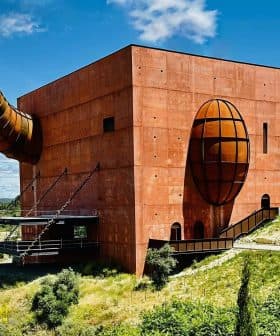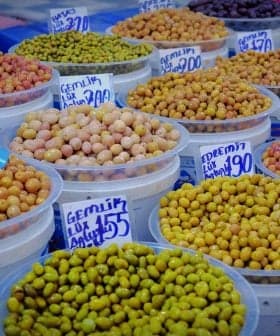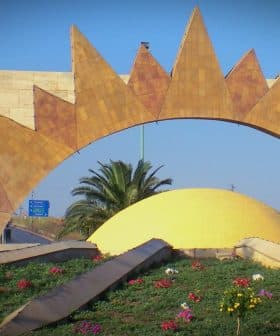Ancient Olive Oil Production Artifact Found in Gethsemane
Archaeologists found a 2,000-year-old ritual bath, known as a Mikveh. The finding underscores the importance of olive oil production in Gethsemane during the time of Christ.
 Photos: Nadim Asfour.
Photos: Nadim Asfour.During excavations in Jerusalem, a 2,000-year-old ritual bath used for olive oil production was found, along with remains of a Byzantine church. The discovery was announced during a press conference by the Custody of the Holy Land, and the site was being excavated due to ancient findings discovered during the construction of a visitor tunnel.
A 2,000-year-old ritual bath used for the production of olive oil was discovered during excavations conducted in the Gethsemane area, in Jerusalem. The discovery was announced during a press conference organized by the Custody of the Holy Land on the site.
See Also:New Insights Into the World’s Oldest Bottle of Olive OilThe Israel Antiquities Authority began their archaeological digs after the discovery of several ancient findings during the construction of a tunnel meant to facilitate the flow of visitors from the Church of all Nations (also known as Basilica of the Agony), located on the Mount of Olives, to the valley below.
Over the last weeks, under the direction of Amit Re’em and David Yeger with the collaboration of the Studium Biblicum Franciscanum, a few important findings have been unearthed.
The archaeologists found the remains of a church from the Byzantine period (6th century A.D.) located at the end of the underground passage.
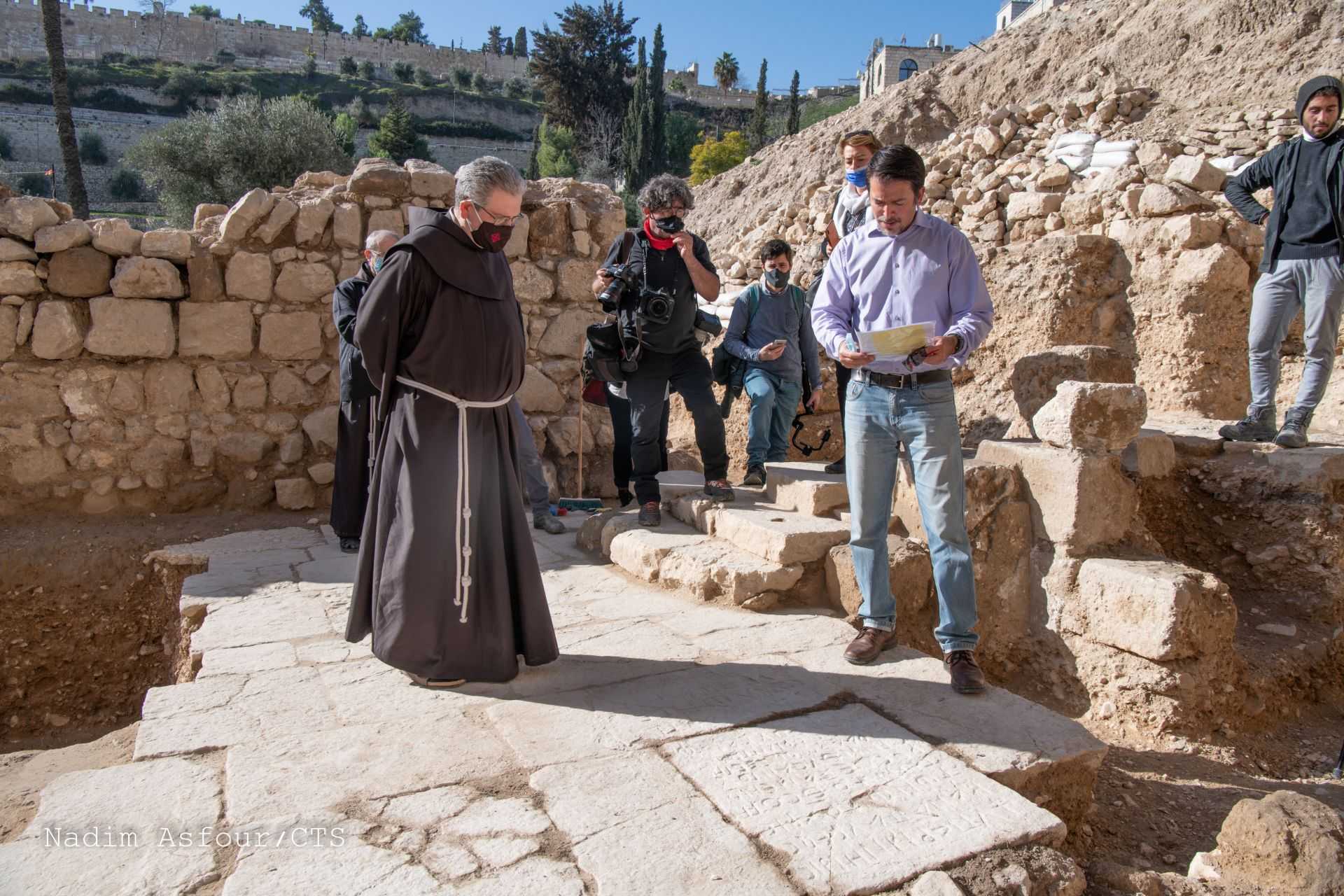
Halfway through the gallery, they also uncovered a Mikveh – the tub used for ritual immersions in Jewish tradition – that dates back to the time of the Second Temple period, when Christ lived. The ritual bath was easily identified thanks to its well-preserved typical structure, a series of steps that end in a basin.
“This discovery probably confirms the ancient name of the place, Gethsemane,” archaeologist Amit Re’em said. According to Jewish purification laws, workers involved in olive oil and wine production must take purifying baths in the special tub.
Gethsemane comes from the Aramaic word Gat Shemanim, meaning ‘olive press,’ and indicated the presence of an ancient oil mill. This suggests that, in all likelihood, the bath was used by those who made the ritually pure olive oil.
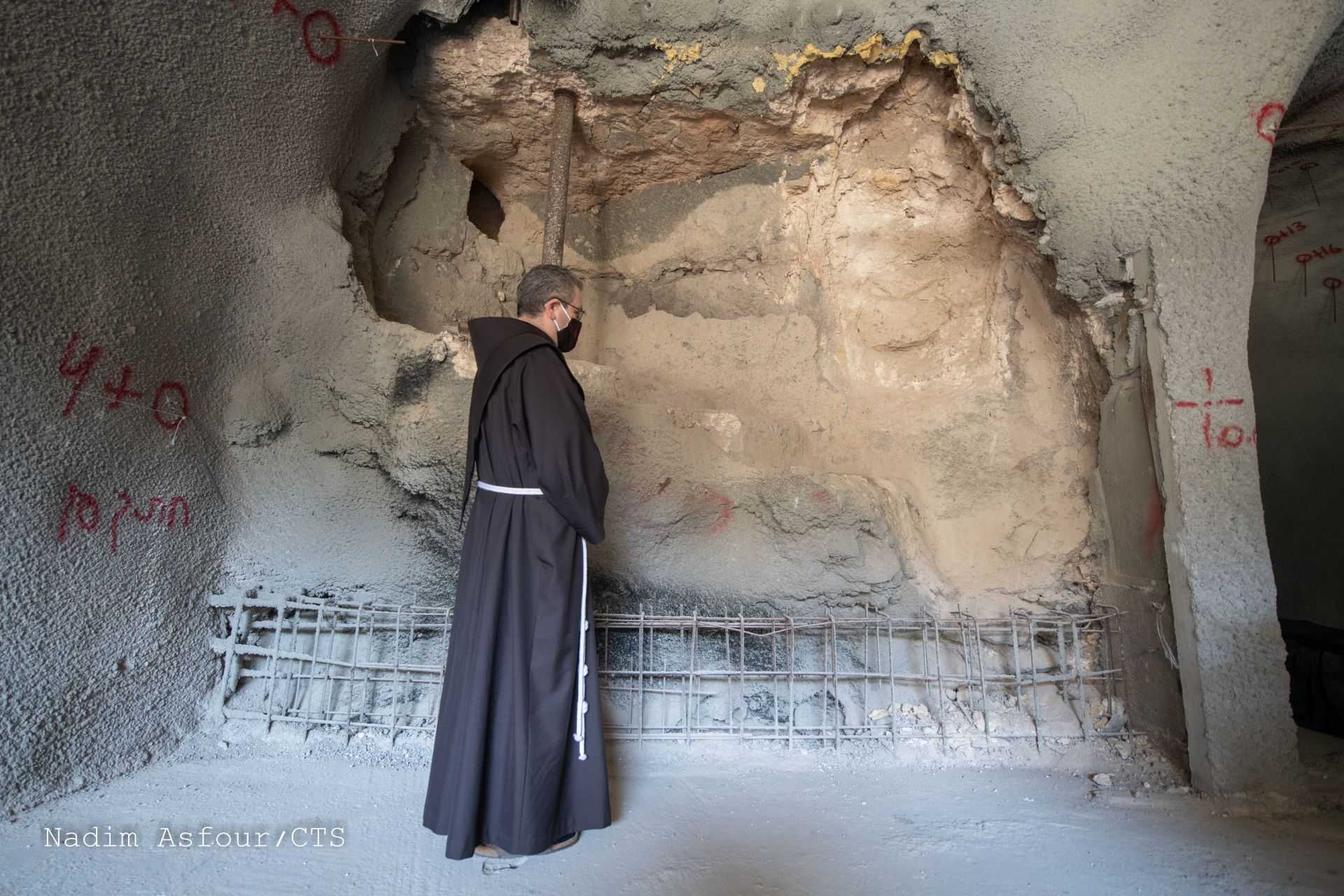
The discovery is of particular importance since the only previous findings identified at the site from the same period were coins, which were found by farmers working in the garden of Gethsemane.
See Also:History of Olive Oil“Some coins were also from periods earlier than Jesus and there is one from the time of the governor Pontius Pilate,” archaeologist Father Eugenio Alliata of the Studium Biblicum Franciscanum said.
The discovery of the ritual bath once again demonstrates how olive oil production impacted and preserved key moments of human history and culture.



